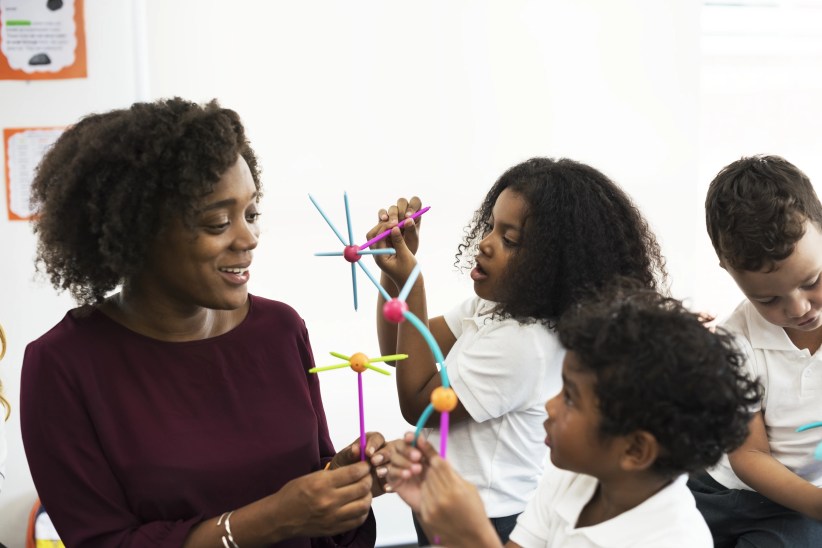 Anti-bullying advocate John Halligan helps parents and their children navigate the increasingly difficult and confusing world of adolescence. It has been his mission since shortly after his son, Ryan, committed suicide in 2003 after some two years of cyber and in person bullying.
Anti-bullying advocate John Halligan helps parents and their children navigate the increasingly difficult and confusing world of adolescence. It has been his mission since shortly after his son, Ryan, committed suicide in 2003 after some two years of cyber and in person bullying.
In the first of this two-part series, Halligan offered general recommendations. Here, he suggests ways keep kids safe online—tips that go beyond installing parental controls, admonishing them not to send compromising pictures of themselves as well as installing online filters and monitoring internet activity.
Before Ryan died, Halligan had insisted Ryan and his two older siblings they should use the same password for all their online accounts. In case they were to go missing, Halligan told his children, he could access their online activity to try to find them. After Ryan’s funeral, Halligan used that common password to help piece together why Ryan had been so desperate.
Here are six more safety tips:
1. Sit with your children when they are online and ask what they are doing and where they like to hang out. This includes the smart phone and tablet, not just the home or school computer.
2. Review their list of online followers and make sure they know who is following them. Quality is more important than quantity, especially when some of those followers could be pedophiles, frenemies and even school or local police officials monitoring teenage behavior. Their accounts should be private—not public—which means shared only friends and relatives. That’s it.
3. Keep passwords secret from friends but never from parents.
4. Ban Snapchat. Any tool that deletes pictures and messages after 10 seconds is designed to keep parents in the dark.
5. With children too young for their own social media account (12 and younger), have family Instagram and Twitter accounts, so classmates know their posts will be seen by adults.
6. Warn your children to send no personal information or pictures to strangers. Also no IMing or chatting with people they don’t know.
As far as being a good digital citizen, reinforce that children should never send anonymous posts or write anything online they wouldn’t say in person.
Since the internal wiring of the prefrontal cortex—the part of the brain that controls planning, reasoning, judgement and impulse control—isn’t done cooking till humans are in their mid-20s, lack of sleep can exacerbate poor decisions. Halligan echoes the national Centers for Disease Control and Prevention that teens need 9-10 hours of sleep per day (with school-aged children needing at least 10).
Hillary Chura is our Le$$er Parenting columnist. In addition to writing about family issues, she shares tips on how families can live in NYC for less money. Follow her @hillarychura.























